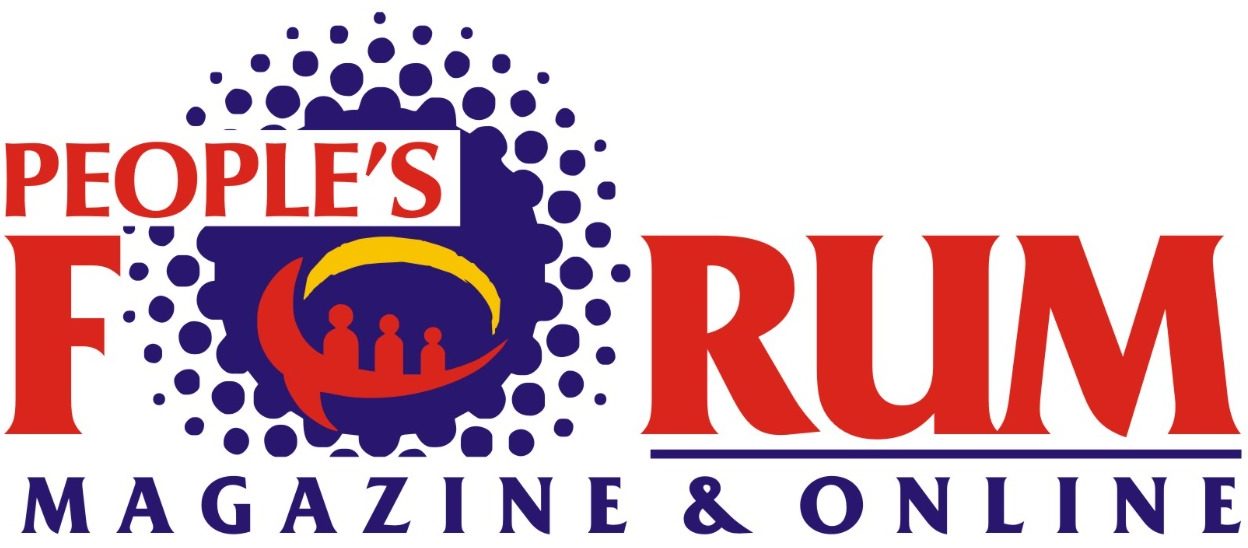On Wednesday, 16 July 2025, the Seme Area Command of the Nigeria Customs Service hosted a landmark event as Comptroller Ben Oramalugo, PhD, FCIA, FNIM, officially launched the second edition of his book, Customs Administration in Nigeria.
Delivering his keynote address, Comptroller Oramalugo presented the book as more than a scholarly text—it is a product of years of professional experience, academic inquiry, and policy engagement. The revised edition addresses the shifting landscape of customs operations, incorporating contemporary reforms led by the Comptroller-General of Customs, Bashir Adewale Adeniyi, MFR, and aligning with international standards on trade facilitation, security, and border governance.
“The dynamism of global trade, the rise of digital customs, and the expanding role of Customs in national security all demand a scholarly response,” Oramalugo emphasized. “This book offers a practical framework for navigating and improving customs systems in Nigeria and similar jurisdictions.”
He underscored the value of intellectual development in public service, encouraging officers to pursue continuous learning as a pathway to excellence. “A knowledgeable officer is a more effective officer. A disciplined mind is a catalyst for institutional excellence,” he added.
A distinguished lineup of guests from key security and regulatory agencies graced the launch, including representatives from Immigration, DSS, NAFDAC, NAQS, NDLEA, the Nigeria Police Anti-Bomb Unit, Port Health Services, and other stakeholders operating at the Seme-Krake Joint Border Post.
In their goodwill messages, agency leaders commended Comptroller Oramalugo for his intellectual contribution and applauded the transformation efforts within the Nigeria Customs Service under the present administration. They affirmed the Service’s growing relevance in economic development and national security.
Oramalugo expressed heartfelt appreciation to the contributors, reviewers, and editors who helped shape the publication. He also acknowledged the unwavering support of the CGC and the Service’s management for cultivating a culture of learning, discipline, and reform.
The second edition of Customs Administration in Nigeria is expected to serve as an essential reference for policymakers, academics, practitioners, and students involved in customs and border management across Nigeria and the wider West African region.





